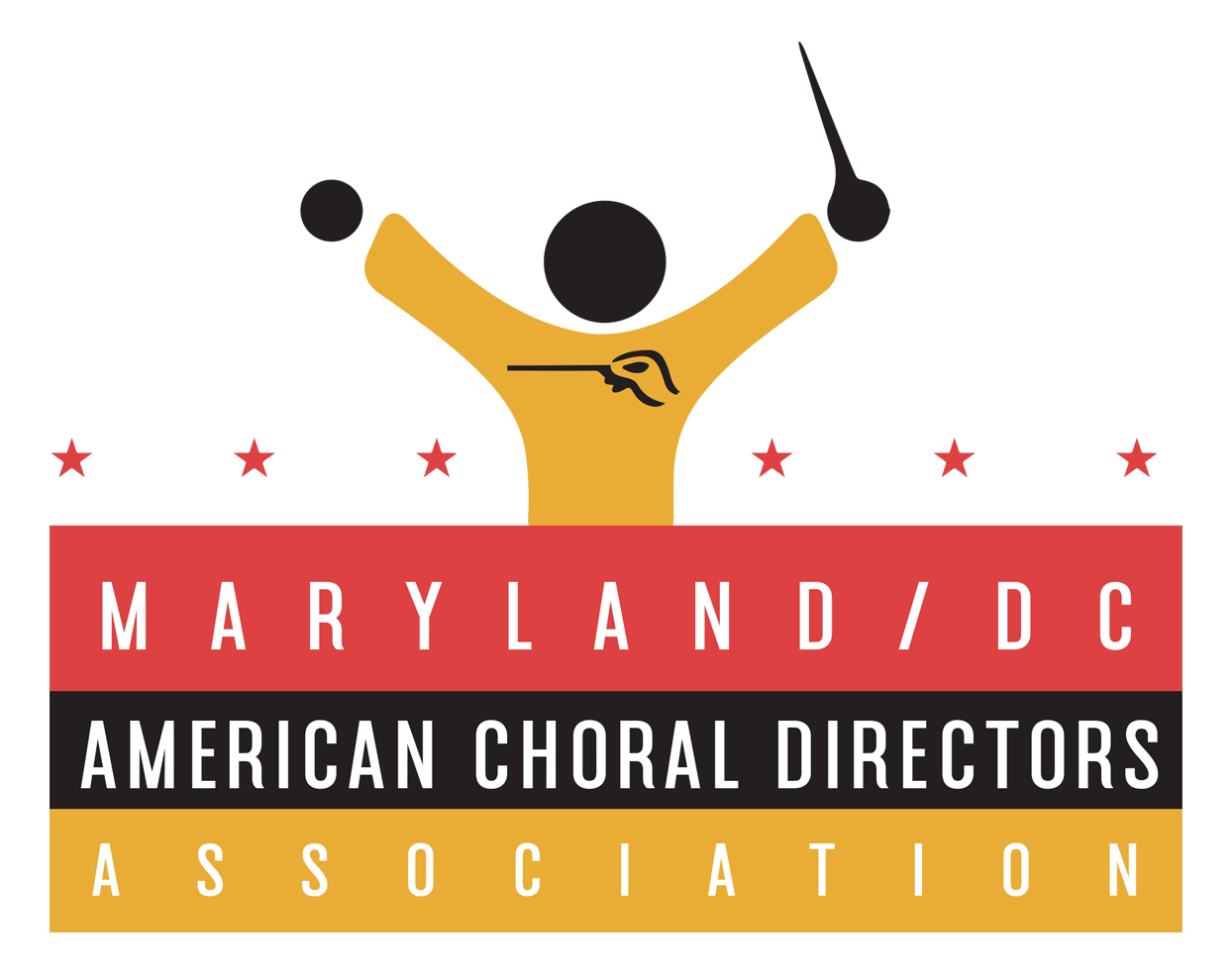Student Members Reflect on the 2025 ACDA National Conference
by Mark Helms, Membership Chair
For three senior music education majors at the University of Maryland, attending the 2025 ACDA National Conference in Dallas wasn’t just a chance to hear amazing choirs or grab new repertoire ideas. Instead, it was a moment of real connection between what they’re studying, what they’re teaching, and where they’re headed as future choral educators.
All three—Paige Peercy, Kai Daley, and Sydney Black—are currently student teaching and approaching graduation. That meant their experience at the conference wasn’t just theoretical. It was grounded in the real students they’re working with right now, and that changed everything.
“I could almost visualize the rehearsal process.”
For Paige Peercy, the timing couldn’t have been more meaningful: “I had just started student teaching at my high school placement the week before heading to this year’s national ACDA conference—my third ACDA conference overall, and my second national one. Prior to that, I finished eight weeks of student teaching at my elementary placement. Having been in a classroom every day before attending, I found myself appreciating the performances, interest sessions, and resources in ways I hadn’t before.”
What stood out to her most was the artistry behind the scenes: “I appreciated seeing groups that exemplify what my high school placement strives for in every rehearsal. I could almost visualize the intentional rehearsal process behind the polished performances on stage, which is something I couldn’t have fully understood last year.” She also left with practical ideas she could use immediately: “I made sure to attend interest sessions that directly pertained to the repertoire my high school choirs are currently performing, knowing the information would be immediately applicable.”
And, as someone who’s not singing during this semester of student teaching, the conference stirred something deeper. “While I was admiring the conducting and directing during performances, I also noticed myself wishing it was me up there singing. My passion for singing in choir, not only directing it, was reignited and left me wanting to fuel this same inspiration in my high school students.”
“This year… everything feels like it has fuller potential.”
For Kai Daley, attending ACDA this year brought a different kind of clarity. “This year’s ACDA felt life-changing to me—not because it was better than the other ACDA conferences I have attended, but because everything this time feels like it has a fuller potential to be applicable.”
With elementary and secondary placements both under her belt, Kai approached concerts and sessions with a sharper lens. “I went to more reading sessions about elementary and children’s choir music, because those are the places I am more likely to find myself in. It was really fun to see which of the pieces I heard at this conference would have worked at the elementary school I was working with, which were too easy, and which were too hard. Elementary choir has always been my weakest level of choral music, so I used this conference to really build that portion of my repertoire.”
That mindset extended to each performance: “This year, more than any other, I have been listening for what my real choirs can do, not what the choirs I want to eventually have can do. One of my professors has consistently told us to think about our five-year plan for our choir program. As a summer project, I think I’m going to try to put together a five-year plan, using some of the repertoire I heard this year, some repertoire I already know, and some that I am excited to discover.”
“Now there was a real choir...with real learning needs.”
Sydney Black’s takeaway centered on how much her perspective has changed in just a few years of membership in ACDA. “For one reason or another, I wasn’t exposed to a whole lot of well-known choral repertoire in my high school choral experience. Which is fine. It did, however, mean that when insert professor name referenced literally any piece, my classmates went, ‘yup, I know it,’ and I said, ‘uhh…?’”
But three ACDA conferences later, things feel different. “Now, not only was I listening to repertoire selections for my preferences and some hypothetical choir, but there was a real choir (multiple, in fact) of real students with real learning needs to be considered when hearing repertoire. This was, in my experience, the most grounding and energizing piece of Dallas because it contextualized everything that floated in a nebulous cloud of fictional choral classrooms before.”
Sydney also presented a co-authored research poster at the conference, diving deep into representations of love in the lyrics of commonly performed repertoire. “The lyrics of choral music are intensely important because by asking a choir to sing them, you are asking your students to speak aloud the messages that they share… It’s just one more facet of repertoire selection and the importance of the choices that choral directors get to make, and because of this, it was particularly meaningful to share this work at this particular conference.”
From nebulous ideas to practical applications
What connects all three of these students’ reflections is a shared shift: ACDA isn’t just about great concerts and inspiration anymore—it’s about applying what they see and hear directly to the classrooms they’re already leading. Whether it’s building a practical repertoire list, modeling conducting gestures, sharing videos with students, or planning long-term goals, Paige, Kai, and Sydney are all taking the next step: moving from learners to leaders. And in the process, they’re already helping shape the future of our choral community.

